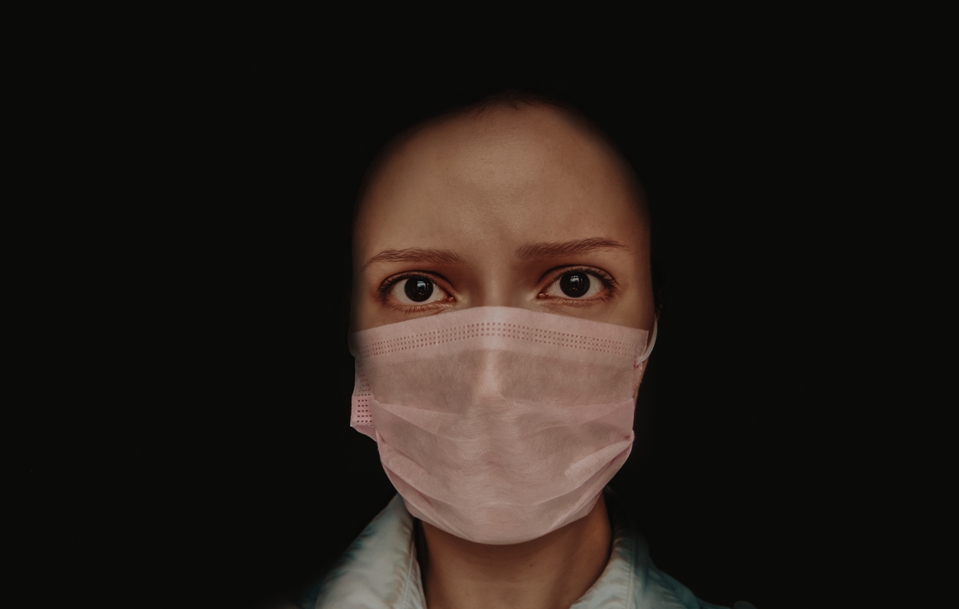Investing in Black Lives and Livelihoods to Prevent Deaths from COVID 19 Pandemic

The COVID-19 pandemic will predominantly affect black Americans in a public health and economic crisis unless stakeholders respond immediately. Covid-19 is more likely to have a devastating effect on the job and future income prospects for those who will survive. A new study by an economist at Harvard Kennedy School shows that people living in predominantly black communities are less likely to get tested. According to the working paper released by the National Bureau of Economic Research, those who could access services are more likely to have a positive diagnosis.
Black Americans are much more likely to live in areas where health and social services are less adequate than average. 65% of black Americans live in 16 states, most of which are among the lowest half in terms of access to education, public health and the standard of care. Black Americans still struggle with poverty, which is related to food insecurity or inadequate housing, and the figure is two times higherthan for white Americans. The disparities in wealth between black Americans and other communities are bound to cause more bankruptcies, insolvencies, expulsions, job losses, decreased access to institutions, and deaths in this case.
So there is need for stakeholders to respond:
- What governments can do is to ensure fair distribution of relief funds, recognizing organizations that are vital to the stability of vulnerable communities and to designate them as the key recipients of financial support. If such a team is integrated into a broader COVID-19response team, it can ensure that equity is integral to response.
- Private stakeholders should be able to check goods and services to ensure they are not biased. Stakeholders in the health care community must take steps to invest in improving connections with black communities after a long history of mistrust. Better relations will increase the number of black participants in clinical trials and research trials and ensure that black Americans are interested in medical advances.
- The solution for black communities, according to Michael L. Lomax, CEO of the United Black College Fund, is that “there needs to be more input and awareness from the black community’s participating leaders and institutions.” This means participating in the clinical and technology resolutions and delivery. GenesisTMG is working to become part of the solution.
- Public, private and social stakeholders should invest in the most likely affected communities to ensure fair recovery. Authorities should consider convening an “equity team” to gather up data from various sources in order to track the differential effect of COVID-19 on black communities across sectors.
- Education technology organizations shouldoptimize mobile curriculum-based delivery software, which black Americans can access at the same rate as white Americans.
- Thegovernment must ensure that the 2 trillion dollars stimulus is similarly available toblack workers and corporate owners.
Conclusion
This pandemic of COVID-19 is indeed a generation defining crisis that further enhances pre-existing problems facing black Americans. Nevertheless, a trial may also be a chance. Will our structures possibly be rebuilt to become equitable? Public and private stakeholders all have to play roles in social sector. Companies can decide to represent equity as an asset and to strengthen theirposition. GenesisTMG submitted its proposal to the National Science Foundation on April 15, 2020. GenesisTMG’s proposed solution is in partnership with Dr. Tivani Mashamba-Thompson, a professor whose lifetime work has been the implenetation of point-of-care tests for diagnosis of HAST (HIV/AIDS/STIs and TB), and now COVID 19.


